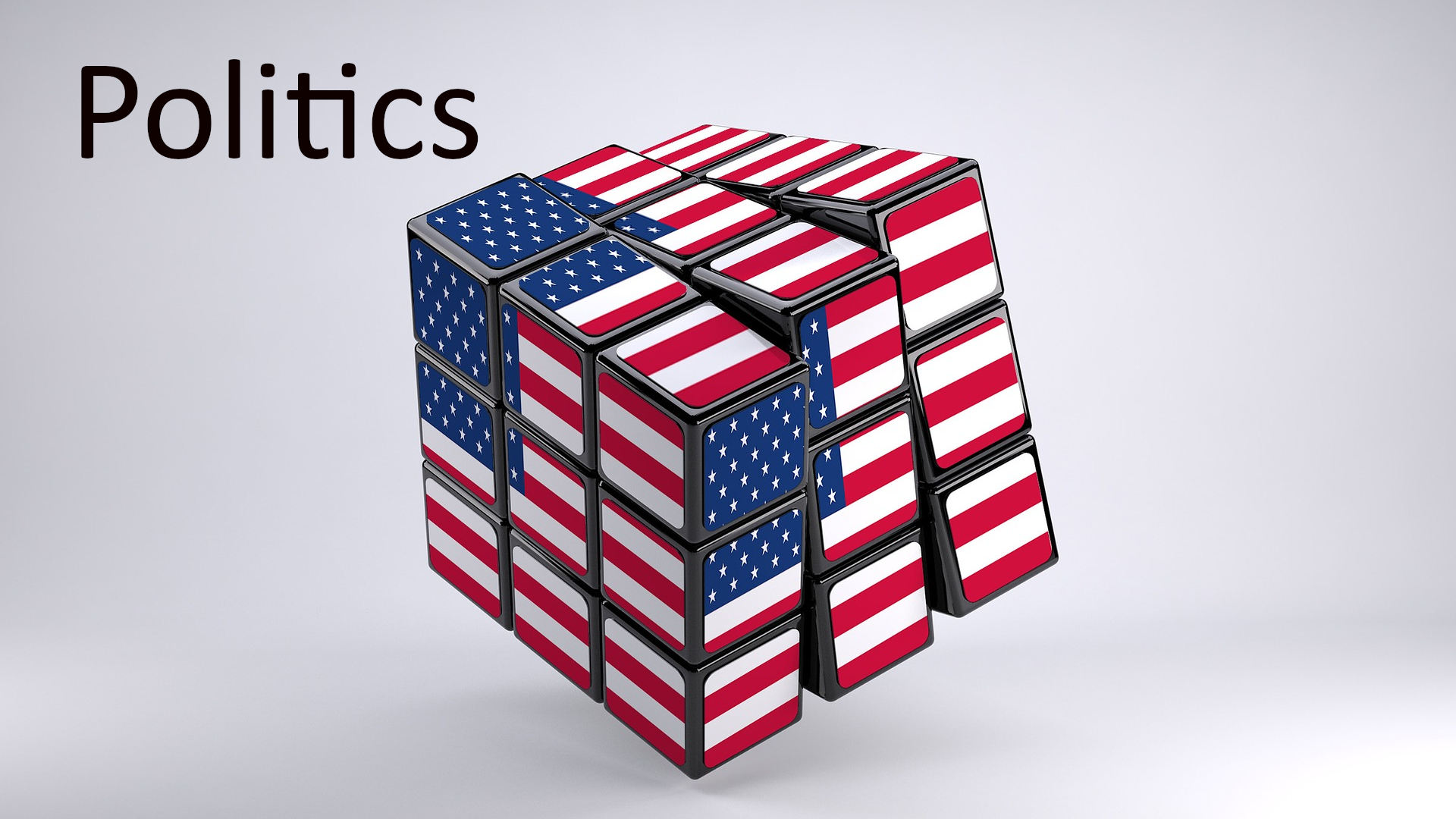Only 50 days left to the November 3 election which will designate the next President of the United States. We thought a quick update could be useful.
The candidates
The Democratic Party’s candidate is Joe Biden, who was Barrack Obama’s Vice-President during his two mandates. He will be 78 when the election takes place. His son died from brain cancer after a two-year battle against the disease, and he is particularly keen to make health care more accessible. His running mate and potential Vice-President is Sen. Kamala Harris, a woman of black, Indian origin who served as Attorney General in California.
The Republican candidate will be Donald Trump (74). The current President did not officially pick his running mate, but he already said a year ago that he intended to keep Mike Pence.
Whoever wins, the new President will be the oldest President ever elected in the history of the United States. According to the 20th Amendment of the Constitution, if a US President dies during his mandate, his Vice-President takes over.
Their programs’ key differences
While the current President’s program is more or less “continuing to do what [he] did in his first tenure”, his rival’s plan is more precise, but might undergo some adjustments to integrate other views that emerged within the Democratic Party during the primaries. Both will anyway need to be pragmatic given the economic situation.
Healthcare: both candidates are promising to push healthcare costs down. Trump mainly targets drug prices, while Biden favors expanding health insurance availability and lowering the age for Medicare (the Federal plan for the elderly) eligibility. The Democratic candidate however opposes his party’s temptation to push “Medicare for all”.
Taxes: Trump reduced the US corporate tax rate from 35% (the highest rate in developed countries) to 21%. Biden looks to increase it back to 28% and also raise taxes on the wealthiest Americans.
Climate: While Donald Trump exited the Paris Climate agreement, Biden aims to make the US a 100% clean energy, emission-neutral economy before 2050. He will probably encourage clean infrastructure and energy-efficient investment projects.
International: Contrary to his image, Biden has a rich experience in foreign policy, and particularly in dealing with China. He has criticized the Chinese trade practices, but he is against trade barriers, which Donald Trump wants to keep in place as a way of controlling the trade balance.
The opinion polls
According to realclearpolitics.com, a website which monitors polls from multiple sources, Biden is leading in “general election” surveys, but his advance has been falling from an 8-10% range at the end of June to 6-8% now. It is even down to 3-5% in a number of “swing states”, which are considered key for the final result.
Interestingly, in six swing states, a majority of voters consider both candidates as mentally unfit to be President (source CNBC/Change Research).
The quotes
Biden about Trump: “This President, long ago, forfeited any moral leadership in this country. He can’t stop the violence because, for years, he has fomented it”.
Trump about Biden: “If I don’t win the election, China will own the United States. You are going to have to learn to speak Chinese, if you want to know the truth”.
A quick reminder of how the election works:
The winning “ticket” is determined indirectly by citizens’ vote, through the Electoral College. Each state has a number of seats in the Electoral College, equal to its total number of representatives in Congress (2 senators and a variable number of Reps at the House). While citizens vote for a candidate, their votes actually determine their state’s representation in the Electoral College (in most states, the winner of the popular vote gets all the seats). After the election, the Electoral College meets to designate the President. There are 538 electoral votes, and the “ticket” which gets 270 wins. This indirect election explains how Donald Trump won in 2016 without getting the majority in the population’s vote.
The key question is whether the same majority prevails at both the House of Reps and the Senate, whose members will also be partly renewed on the same day. A split Congress would limit the new President’s freedom.
ALF – Sept. 14, 2020






